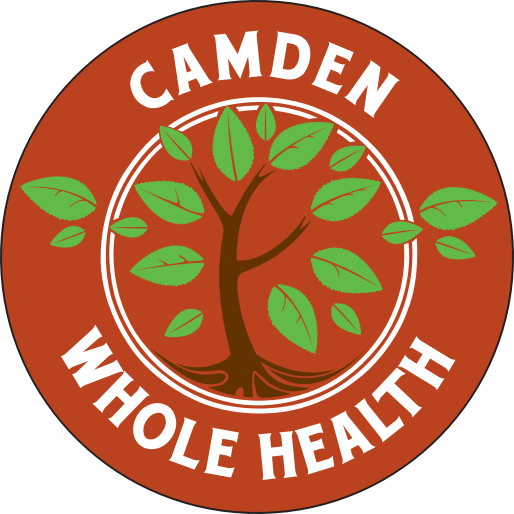Gratitude is a positive emotion, and it’s intuitive that a daily dose of gratitude is a good thing. Throughout human history, humans have developed all kinds of ways of expressing gratitude. We give gifts, pray, say “thank you”, meditate, and many more. It’s one of the social behaviors that keeps things running. Many philosophers and religions have heavily emphasized the importance of gratitude. We even have a whole holiday dedicated to giving thanks!
Gratitude helps us feel better, fosters healthy relationships, and help us feel less depressed. But here is my question – why is it good for us, and how? How does gratitude affect us on a physical level, and how does that translate to better health? Lucky for us, there is some pretty nerdy research on the subject, and I’m here to tell you about what it’s found.
Researchers examined the brain using fMRI machines, which looks at blood flow in the brain. It can tell which areas of the brain are active at different times. Then, the researchers showed participants videos that would elicit feelings of gratitude. Things like people doing great deeds for others, saving their lives and so on. When the participants felt gratitude, a tiny area in the front of the brain (within your prefrontal cortex) was very active. The specific areas are linked with the reward system and moral processes.1,2

Gratitude has often been classified as a moral emotion.3 We see something that someone else does, judge it as good or bad, and thank them accordingly.
The reward centers in the brain were also activated with grateful feelings. Why is this important? The main neurotransmitter involved in this reward system is dopamine. Healthy levels of dopamine help to improve our focus, memory, and ability to think, and decreases our sensations of pain. So, when we experience gratitude, we’re giving our brains and bodies a big boost.4
The reward-seeking parts of our brains are wired to seek out positive rewards again. This means that the more you focus on feelings of gratitude in the present, the more likely you are to notice things to be grateful for in the future. In this case, practice really can make perfect.
Here are some simple exercises to help you get in the habit of gratitude:
- Take a brief moment before each meal to appreciate the food in front of you
- Try to notice the people around you doing nice things – take a moment to yourself to feel grateful for their actions, be sure to say “thank you.”
- Reflective journaling – make a list of things you’re grateful for.
- Meditate – take 5 minutes, breathing deeply, and think about one thing you’re grateful for.
References
- Fox GR, Kaplan J, Damasio H, Damasio A. Neural correlates of gratitude. Frontiers in Psychology. 2015;6. doi:10.3389/fpsyg.2015.01491.
- Zahn R, Moll J, Paiva M, et al. The Neural Basis of Human Social Values: Evidence from Functional MRI. Cerebral Cortex. 2008;19(2):276-283. doi:10.1093/cercor/bhn080.
- Vess K, Russell J. Creating a caring culture: Exploring the implications of gratitude in adult education. Adult Education Research Conference. http://newprairiepress.org/aerc/2014/papers/98. Published 2014. Accessed October 31, 2017.
- Korb A. The Grateful Brain. Psychology Today. https://www.psychologytoday.com/blog/prefrontal-nudity/201211/the-grateful-brain. Published November 20, 2012. Accessed October 31, 2017.
